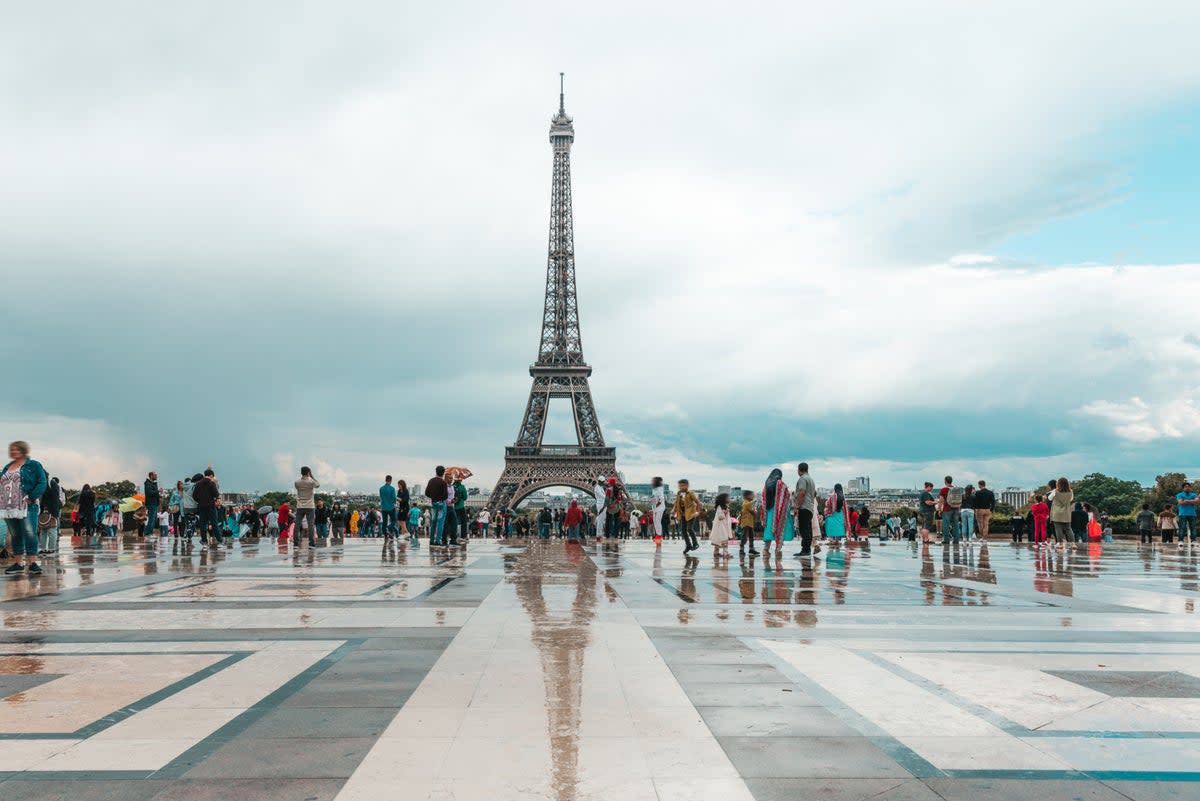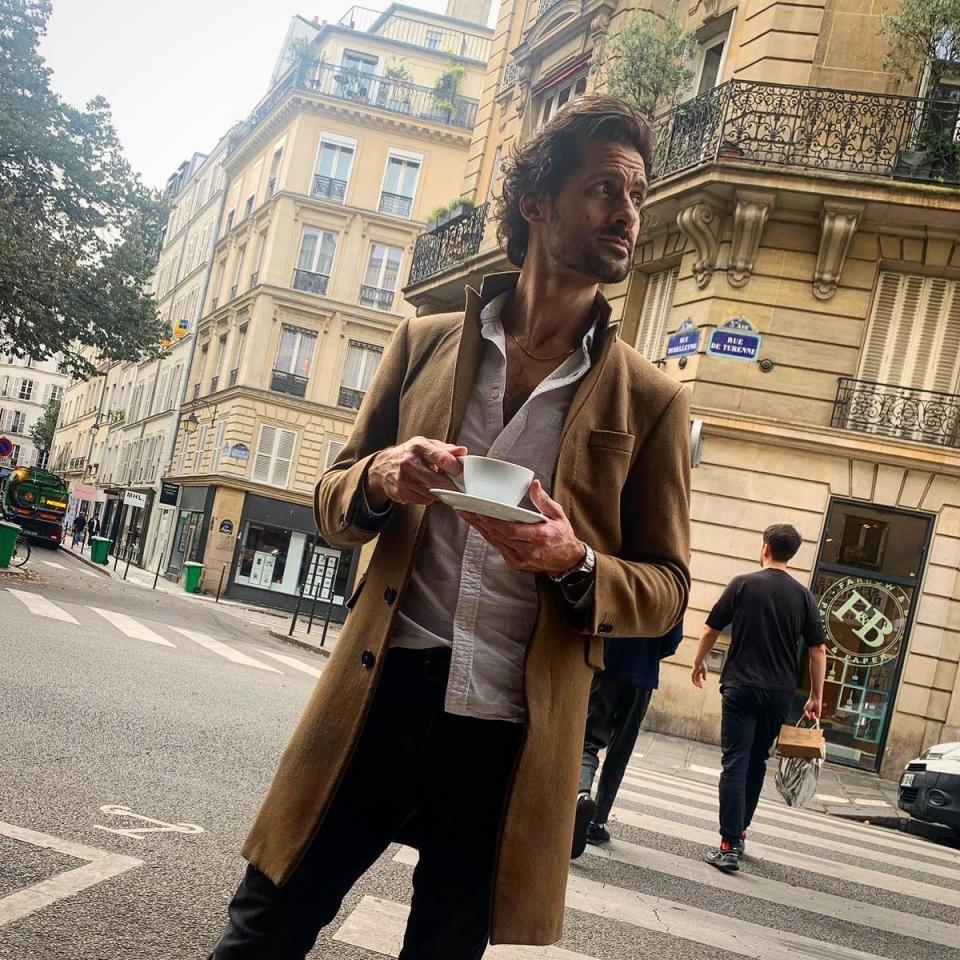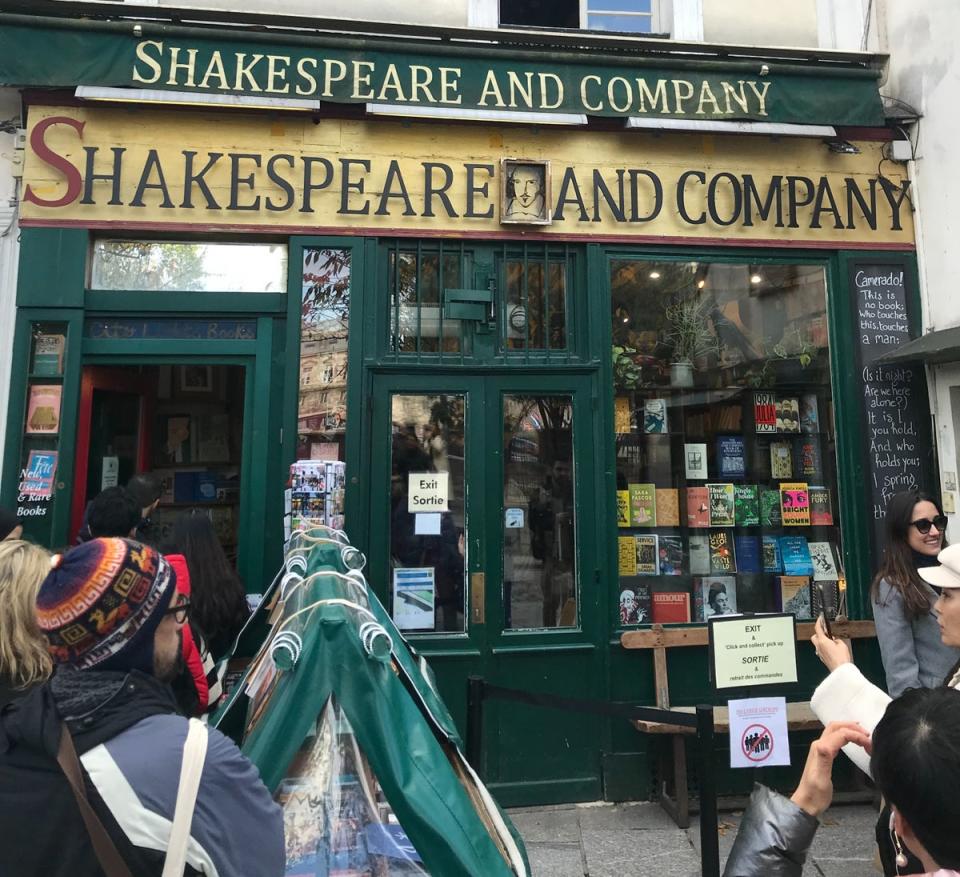Of course ‘Paris syndrome’ is real – the real-life French capital fails to live up to the hype

I would like to admit something: I have a nostalgia problem. It stems from my childhood. Growing up in South Wales, the cities described in the books and cinema I romanticised, were as central to my adolescence as the events of my actual life. Attempting to emulate my heroes’ experiences of the world is why I’ve been left feeling destined to be in the right place at the wrong time – disappointed by the reality of what these cities had become, or never were.
Paris represents the apotheosis of this disappointment – there’s a reason that the city gives its name to a physical and psychological syndrome caused by severe culture shock.
Ernest Hemingway’s 1964 memoir, A Moveable Feast, recalling his time as a struggling writer in the French capital during the 1920s, was the template of a life to which I aspired: a veritable richness of culture in the most beautiful city in the world, surrounded by the greatest artists of the twentieth century.
Read more on France travel:
Escape to the Chateaux: Why you should book a trip to the Loire Valley
Where to go camping in France: The best coastal campsites for a beach holiday
To say that Paris did not meet those lofty expectations is best encapsulated by how Café de Flore, the restaurant that Hemingway waxes so lyrically about, has become the Angus Steakhouse of Parisian tourist traps. It’s a place to nurse a burnt café crème, surrounded by bum-bag wearing tourists taking photos of the least appetising omelettes ever committed to a plate.
Far be it from me to prescribe how to holiday; perhaps you like the ambience of boorish waiters, barely masking their contempt at having to serve decaf oat milk Americanos to a clientele eager to know where Hemingway sat – but with almost nil chance of ever reading one of his books. If people-watching is your thing, you have a prime view of Louis Vuitton’s flagship store, and the comings and goings of oil-barons’ nephews (and the women who pretend to adore them).

If you thought it safe to seek refuge at Shakespeare and Company, the iconic bookstore of the Lost Generation, think again. You will find a 30-deep line of millennials waiting to take a selfie in front of the store sign. Montmartre is little better. The once revered artists’ district is now a hollow husk of cartoonists peddling caricatures that would not look out of place at a funfair in Peterborough. Could these really be the same streets that Jean-Paul Sartre walked, wondering whether God was dead? Standing in this phony, rue de irony… God may have escaped lightly.
‘Paris syndrome’ is alive and well – a high-profile example this month was an American food blogger’s tearful TikTok capturing her visit to France, which has been watched more than 7.5 million times. I had assumed that this term defining the state of desolation that many, particularly Japanese tourists, felt upon realising that Paris is not the idealised version presented in pop culture, and which can cause hallucinations and nausea, was a recent phenomenon; yet it was coined by a Japanese psychiatrist in the 1980s. But perhaps why so many reacted negatively to the post, shamelessly captioned “France Made Me Cry” (to which my inner monologue had the more shameful reaction of “Good”), is that… we understand.
Admittedly, this ‘influencer’ – @RealPhDFoodie – did buy a beret. But is that any worse than sitting at Les Deux Magots with a book of Simone de Beauvoir essays, smoking a Gitanes, and crafting an insouciant shrug? I maybe – definitely – did that, but not as an adult; it’s arguably beret-adjacent. The Paris of my imagination is long gone. Like Café de Flore, dining out on a centuries-old reputation that no one alive earned, what remains of the old Paris has decayed. Relying on the nostalgia of what was once beautiful, while attempting to hoodwink experienced travellers, who now have expectations beyond surly waiters giving them the stink eye if they are not ready to order. God forbid if they order in English – or is it worse if you try en français and fall short with your pronouncation?

Much of Paris’ shortcomings is that it once raised the bar for the rest of the world – and the rest of the world cleared it. What once elicited awe and wonder can now be seen, drank, and eaten elsewhere. Even if Paris had not changed, our expectations have. Fifteen years ago, any Parisian bakery would have wiped the floor with their London counterpart; now, while there may be more bakeries across the Channel, are there that better bakeries?
We must shoulder some of the blame for Paris not meeting our expectations. We romanticise Parisian stories because we see ourselves in them, feeding our main character energy, where the perfect Paris life is just sitting in a time capsule waiting for us to arrive. Once we arrive however, we realise that not only is Paris less charming than we hoped, it is also more indifferent to our own charms.
There are still delights to be had in the City of Love – you simply must let go of everything you want it to be. Paris is… just Paris. That other Paris you desire? I promise, that only exists on the page, on the stage, or on the screen.
Read more on the best hotels in Paris

 Yahoo News
Yahoo News 
